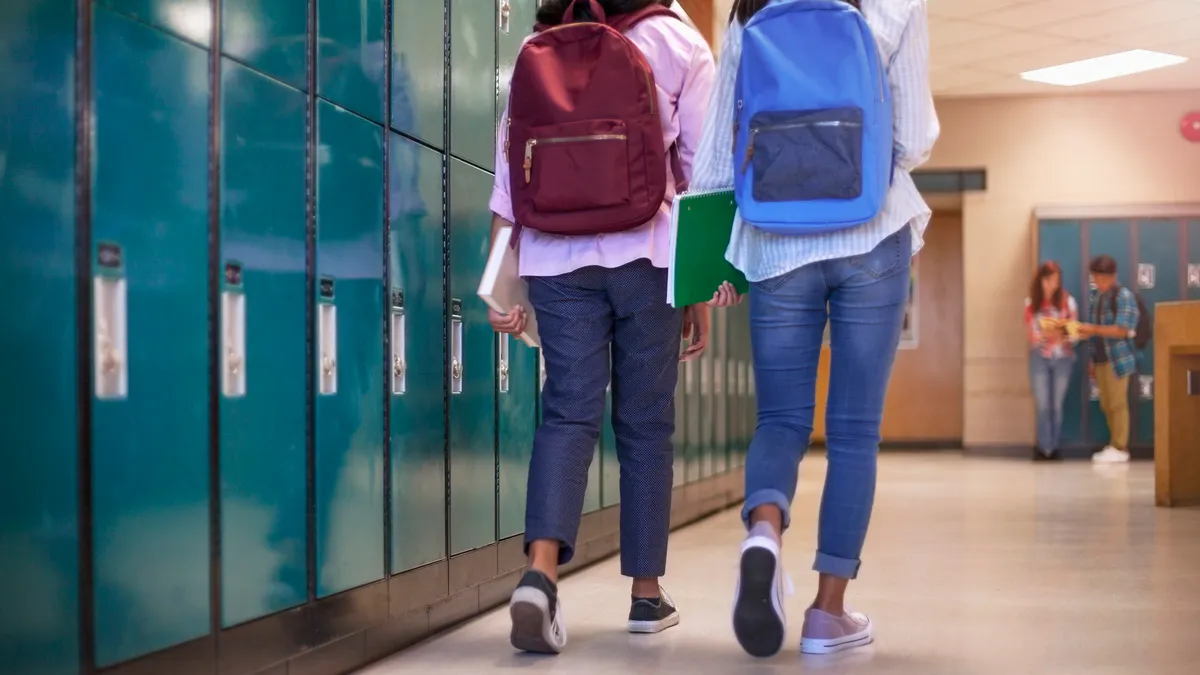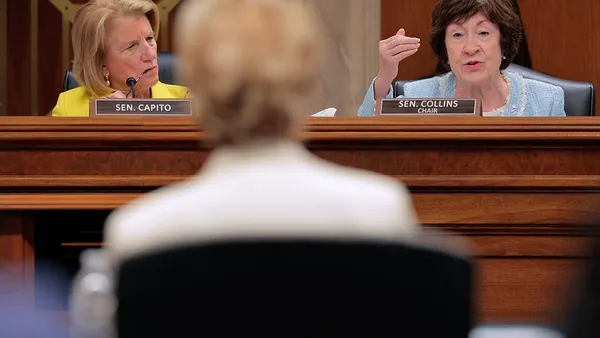About three out of four high school students reported at least one potentially traumatizing experience during the COVID-19 pandemic, according to an analysis by the Centers for Disease Control and Prevention published in October. In addition, over half (53%) of the 4,390 high school students studied reported up to two adverse childhood experiences.
These percentages are higher than pre-pandemic estimates cited in the report, which indicated that 60.9% of students younger than 18 reported at least one adverse childhood experience.
Examples of such experiences could range from food insecurity, bullying and caregiver job loss, to physical and emotional abuse or sexual violence.
"Concerns about poor adolescent mental health and suicidal behaviors preceded the COVID-19 pandemic … but escalated during the pandemic," the report said.
Students who reported at least one adverse childhood experience during the pandemic — 73% — had an increased likelihood of poor mental health and suicidal behaviors. However, abuse-related adverse childhood experiences throughout the pandemic were more strongly associated with mental health and suicidal behaviors than other forms of violence or family economic stressors.
Specific types of trauma were also associated with increased mental health challenges. For example, 82.7% of those who experienced sexual violence and 82% of those who experienced physical teen dating violence in the past year said they felt persistently sad or hopeless.
A third of those who experienced any sexual violence during the past year reported attempting suicide. And emotional abuse was most strongly associated with poor mental health and past-year suicidal behaviors.
Prevention and intervention strategies for adverse childhood experiences and their impacts include “early identification and trauma-informed mental health service and support provision” and “could help address the U.S. child and adolescent mental health and suicide crisis," the report said.
In 2021, the American Academy of Pediatrics, along with other child health organizations, declared a national emergency around child and adolescent mental health. Also late last year, U.S. Surgeon General Dr. Vivek Murthy called "for a swift and coordinated response to this crisis as the nation continues to battle the COVID-19 pandemic."
The loss of in-person school, in-person social activities and access to health care and other basic needs exacerbated mental health challenges that were already on the rise prior to the pandemic, Murthy's advisory said.
According to a separate survey released by Child Mind Institute just a few days prior to the CDC findings, 40% of parents reported their child's mood worsened during the pandemic, and nearly a third said their child went through a traumatic experience.
The latest CDC survey data was collected in January through June of 2021.







 Dive Awards
Dive Awards






